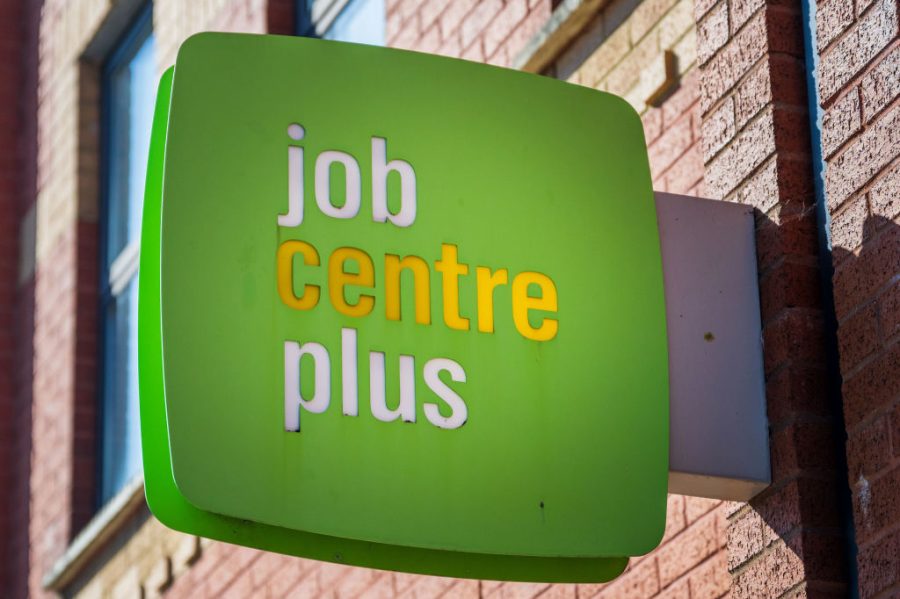A couple of weeks ago, a friend voiced a sentiment that I wasn’t expecting. ‘I think your values are quite Christian, Sonia.’ What I found even more surprising was my own reaction to it. A year ago, I’d have felt patronised, maybe even a little insulted. Instead, I took it as a compliment.
Growing up the daughter of East African Asian immigrants of different faiths – my father an atheistic Gujarati Hindu, my mother a lapsed Punjabi Sikh – faith wasn’t a strong feature of my childhood. As a young child, I’d quite often go to the gurdwara with my maternal grandparents, who were religious. I went to a school with an explicitly Christian ethos. But as a teenager I saw a belief in God as akin to a belief in Father Christmas. My attitude didn’t evolve much beyond that in my 20s and 30s: how could anyone believe in something so irrational and borderline ridiculous?
Too many secular liberals remain stuck in the Father Christmas view of faith I’m glad to have left behind
Two things have shifted my perspective in recent months. I was commissioned over the summer to make The Body Politic, a series currently airing on Radio 4 looking at the politics of bodily autonomy, with episodes on surrogacy, foetal screening and assisted dying. Then the last of those crashed onto the political agenda in the autumn, when Labour MP Kim Leadbeater brought her assisted dying private member’s bill that has now passed its second reading in the House of Commons.
I’ve become increasingly worried about the prospect of legalising assisted dying in the last two years; my fears were grounded in the risks of people being coerced or even just lightly pressured by family, society or themselves into requesting medical assistance to bring about a death they didn’t truly want. Those fears emerged out of my writing about domestic abuse, exploitation and safeguarding; I saw them as deriving from the evidence, not a belief system.
But I’ve felt deeply uncomfortable at the way some campaigners have rejected faith as a proper basis for concern about legalising assisted dying. In voicing her concerns about the bill, the cabinet minister Shabana Mahmood, a practising Muslim, was accused by its Labour proponents of trying to impose her religious beliefs on everyone else. The implication being, if someone’s concerns are motivated by religion, they are less valid and should be discounted.
As a non-believer I find this absurd. Not least because, as I was making The Body Politic, I found myself profoundly challenged on the assumption that my views on assisted dying and surrogacy come from an understanding of evidence and risk, rather than ethical beliefs. A friend who’s a priest in training, David Reed, gently broke it to me when I interviewed him that he thought I, like him, had deeper beliefs about the value of life. Sir Nicholas Mostyn, a former high court judge who’s in favour of assisted dying went further, telling me I’m someone who clearly believes strongly in the sanctity of life.
They’re both right. I wouldn’t have a problem with assisted dying if it could only be limited to those who truly want it. But it goes beyond coercion and safeguarding, as important as those are: the relational nature of being human, and our shifting emotional states, undermine the notion of absolute autonomy in relation to something as profound as choosing to die. I know from my work that vulnerable people would be at risk, including those suffering from despair, for whom society rightly sees suicide prevention as a proper goal. I find the idea of someone who might have been pressured into it being killed by the state horrifically chilling. It’s not some dispassionate risk assessment; I feel it in my bones.
That feeling is belief, and I’m left asking how, exactly, it’s any different from a belief held by someone of faith? Or indeed, from the dogmatic insistence that nothing matters more than the autonomy of the terminally ill that we’ve seen from some on the other side of the debate? David articulated his relationship with faith in a way that powerfully resonated with me: not some divine communication where God tells him what to think; but a moral scaffold that supports him to decide for himself. We all have own moral scaffolds, and growing up in a society with a Christian history, I acknowledge how much mine will have been influenced by those values.
I think too many secular liberals remain stuck in the Father Christmas view of faith I’m glad to have left behind: where religion is understood primarily as a belief in God. But the bits of faith that appeal most to me are its common rituals and shared moral scaffold, and as society has become more secular too many of us pretend it doesn’t matter if the scaffold comes crashing down alongside the belief.
There are things that can replace it: I’m struck by how much modern therapy, in my experience, mirrors the sentiment of the serenity prayer (grant me the serenity to accept the things I cannot change; the courage to change the things I can; and the wisdom to know the difference). But my experience of the assisted dying debate is that people see belief not as something to be proud of, but as a gotcha. And so people with my views are accused of exaggerating our fears of coercion as a foil for our true opposition to assisted dying – we just don’t believe in the principle. I think we should all do more to acknowledge how much our beliefs and understanding of the world are inextricably jumbled.
I can’t see myself ever believing in God. But I’d now describe myself as agnostic rather than atheist. I no longer look down on religion as irrational, and I have a newfound respect for – and yes, maybe even a slight envy of – believers.







Comments